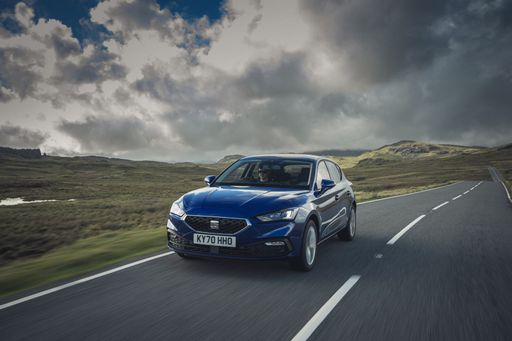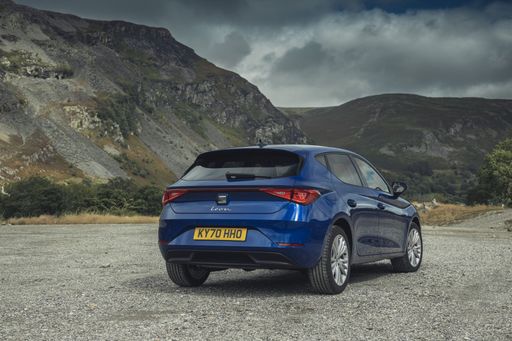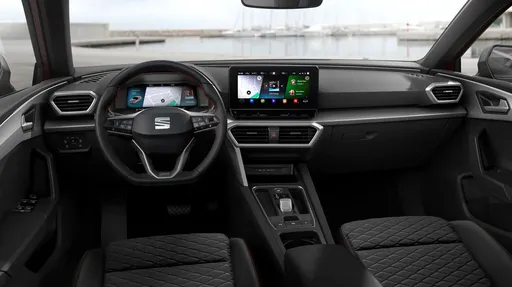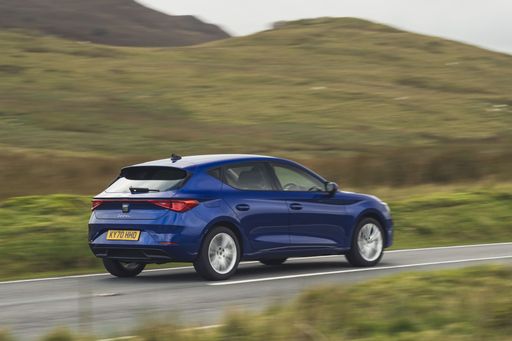Hyundai Kona vs. SEAT León: The Battle of Versatility
Choosing the right car can often feel like an expedition through a maze of specifications and features. To ease that journey, we're comparing two popular models in distinctly different categories: the Hyundai Kona and the SEAT León. Each vehicle offers unique strengths catering to different needs but their technical prowess can help guide your decision.








